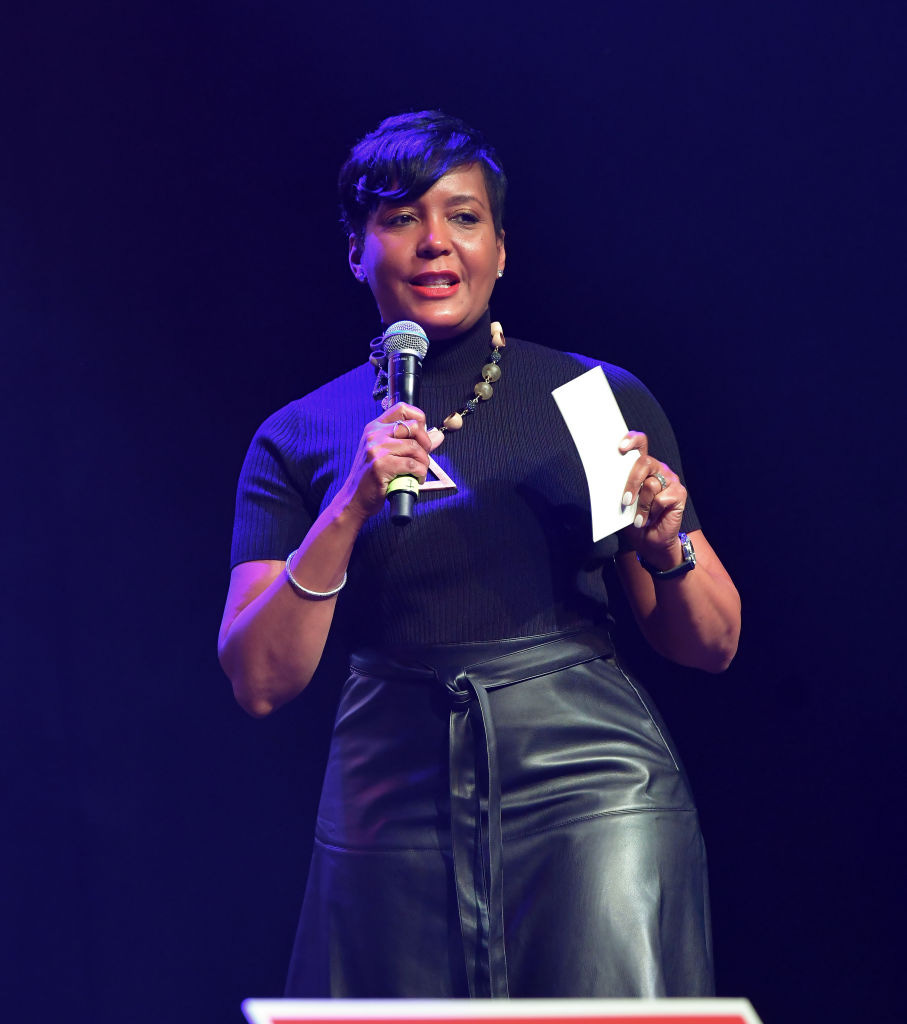Keisha Lance Bottoms: Unanswered Questions
Atlanta's former mayor has never been required to answer serious questions about the decisions she made during the city's 2020 street protests.
Keisha Lance Bottoms, former mayor of Atlanta turned CNN talking head, announced yesterday on Twitter that she would be joining the Biden White House as director of the Office of Community Engagement.
“We’ve been through some very challenging times, especially for African Americans in this country,” she said to Axios. “Those challenges are still very fr…
Keep reading with a 7-day free trial
Subscribe to The Atlanta Objective with George Chidi to keep reading this post and get 7 days of free access to the full post archives.




